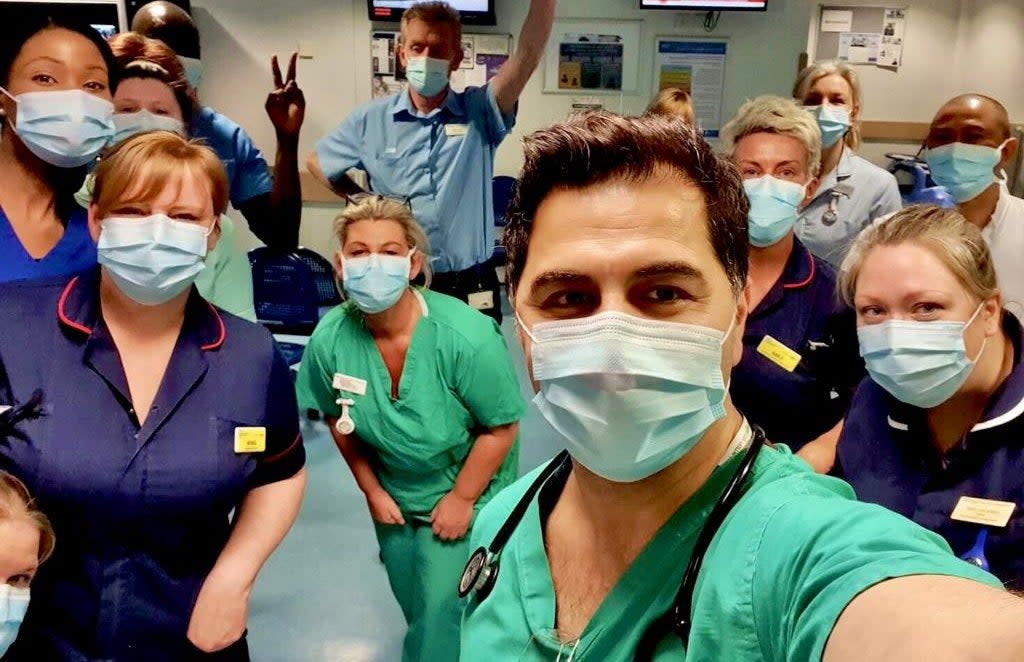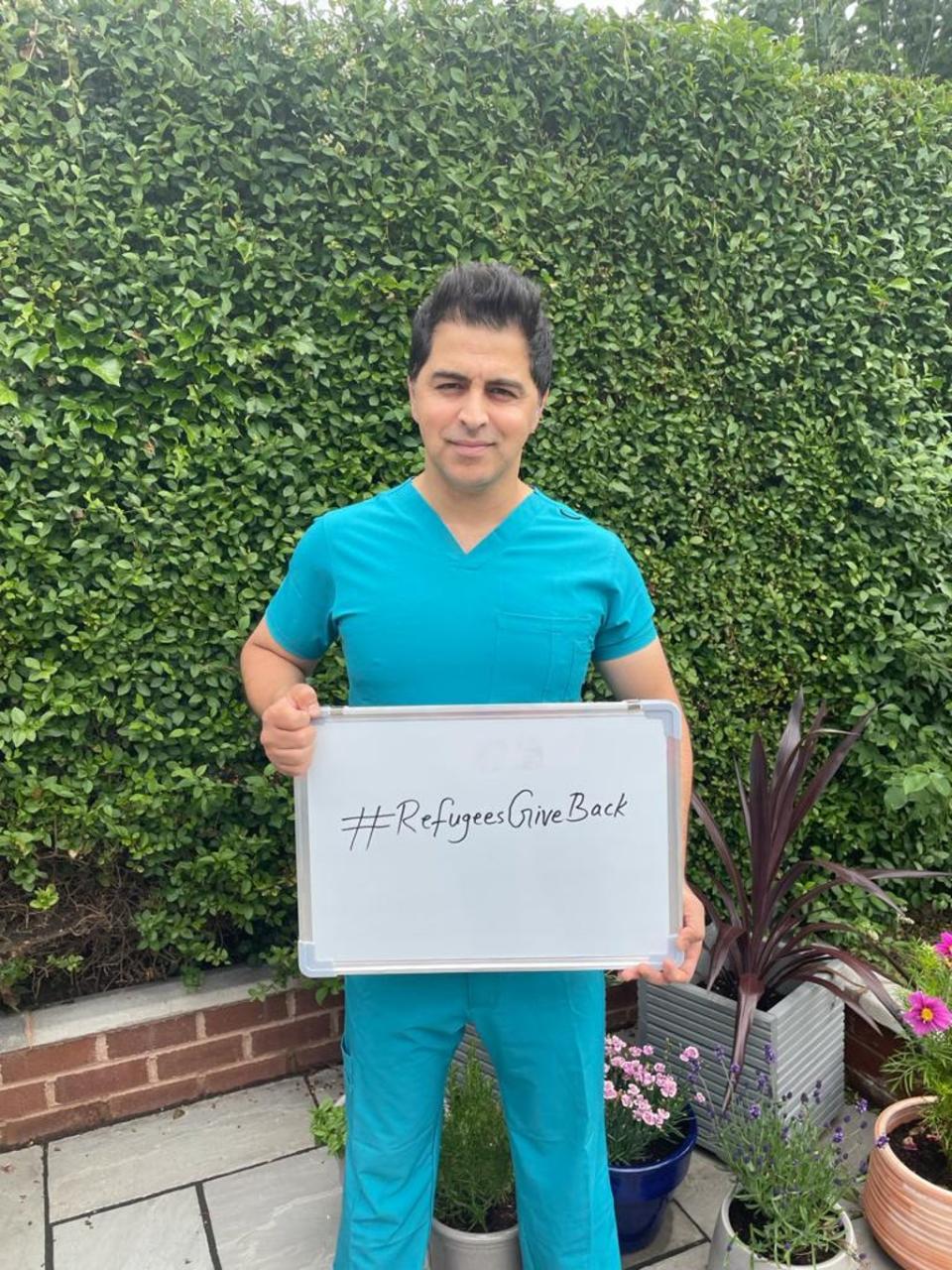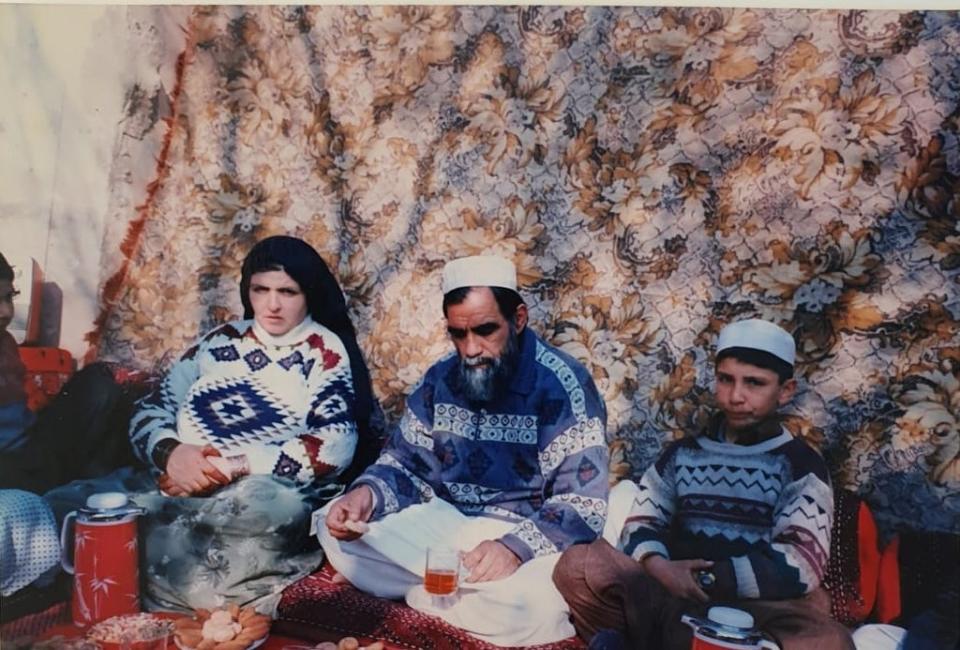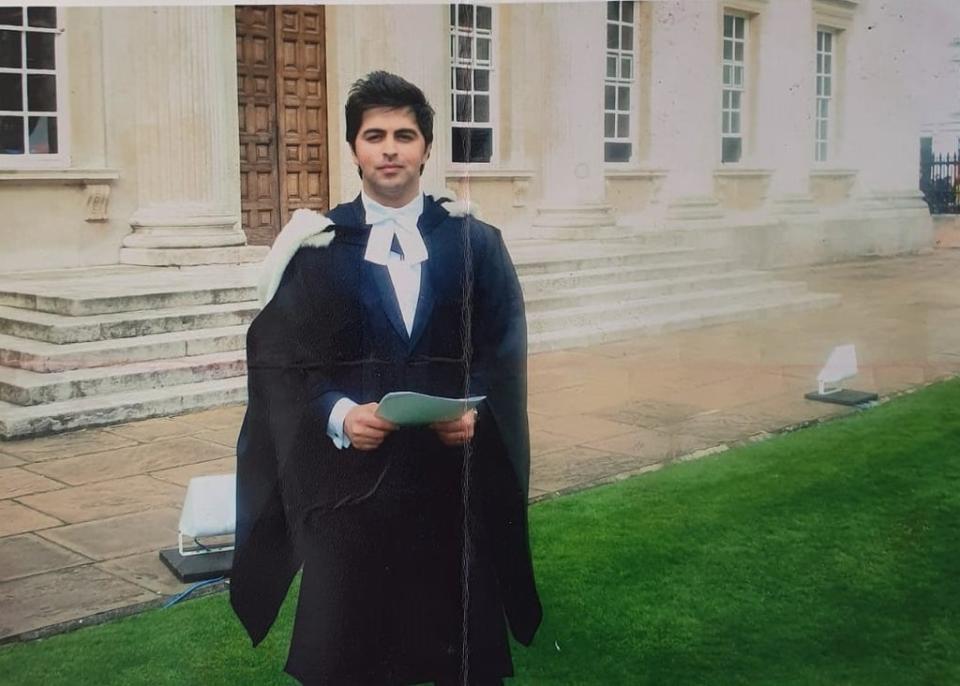NHS doctor and former refugee says Afghans must be treated humanely in the UK

An NHS doctor and former refugee has called for the Government to treat incoming asylum seekers and refugees from Afghanistan humanely when they arrive in the UK.
Dr Waheed Arian, 38, said it was important that Afghan refugees were not criminalised on arrival.
His comments came as Downing Street said Prime Minister Boris Johnson is planning to unveil a “bespoke” resettlement scheme to allow fleeing Afghans to set up home in Britain.

Dr Arian told the PA news agency: “I think the response to the humanitarian crisis in Afghanistan, and the rest of the world, by the British government and the rest of the Western world has been too late. They should have had these types of schemes long before.
“There are many people in Afghanistan and in many other conflicts whose lives are at risk. They need to be given safety, they need to be shown compassion. The UK government has to scrap the Nationality and Borders Bill, which is an anti-refugee bill.
“When these refugees land anywhere in the world, they shouldn’t be criminalised, they shouldn’t be dehumanised, they should be treated just as humans.
“I was one of those refugees when I came here in 1999, with hope for safety and a dream to become a doctor. I was given safety, I was shown compassion.”

Dr Arian fled Afghanistan in 1999 after the Taliban seized control across the nation in a violent conflict, which led to thousands of citizens dying or becoming severely injured.
He arrived in the UK aged 15 with 100 dollars in his pocket and an illegal passport, which he believed was real, and was placed in a young offenders institute in Feltham, west London.
After being released, he went on to achieve A grades with his A-levels and studied at Cambridge, Imperial and Harvard universities before becoming an NHS emergency doctor.
Since then, he has launched a charity called Arian Teleheal, which connects doctors in Afghanistan and other conflicted areas to specialists around the world who offer advice and guidance for their patients, and written a book about his life.

Dr Arian, who lives in Chester with his wife and two children, said the recent conflicts have affected him emotionally, causing nightmares and cold sweats, and he has been in regular contact with his relatives who remained in Kabul.
“My family members have all been in shock,” he said. “They are also traumatised, because everything unfolded so rapidly, so they don’t know what to make of it, what the future might hold for them.
“Like for myself, their memories of the previous conflict have been triggered. So they are suffering from post-traumatic stress disorder as well, like so many people in Afghanistan.”
A Government spokesperson said: “We have so far resettled over 3,300 Afghan interpreters, staff and their families who served alongside our brave military and our officials are working as quickly as possible to bring more people to safety in the United Kingdom.
“There are people in Afghanistan who represent a serious threat to our national and public security. We are doing everything we can to resettle Afghan nationals but we will not compromise on security. We have incredibly thorough checks across Government and our world-class intelligence agencies. If somebody presents a danger to this country, we simply cannot allow them to travel here.”
Read More
UK forces ‘can’t afford to pause’ in evacuation of Afghanistan via Kabul
British man stranded in Kabul with pregnant wife fears they will not escape
Author Khaled Hosseini tells BBC he fears for progress made by Afghan women

 Yahoo News
Yahoo News 
